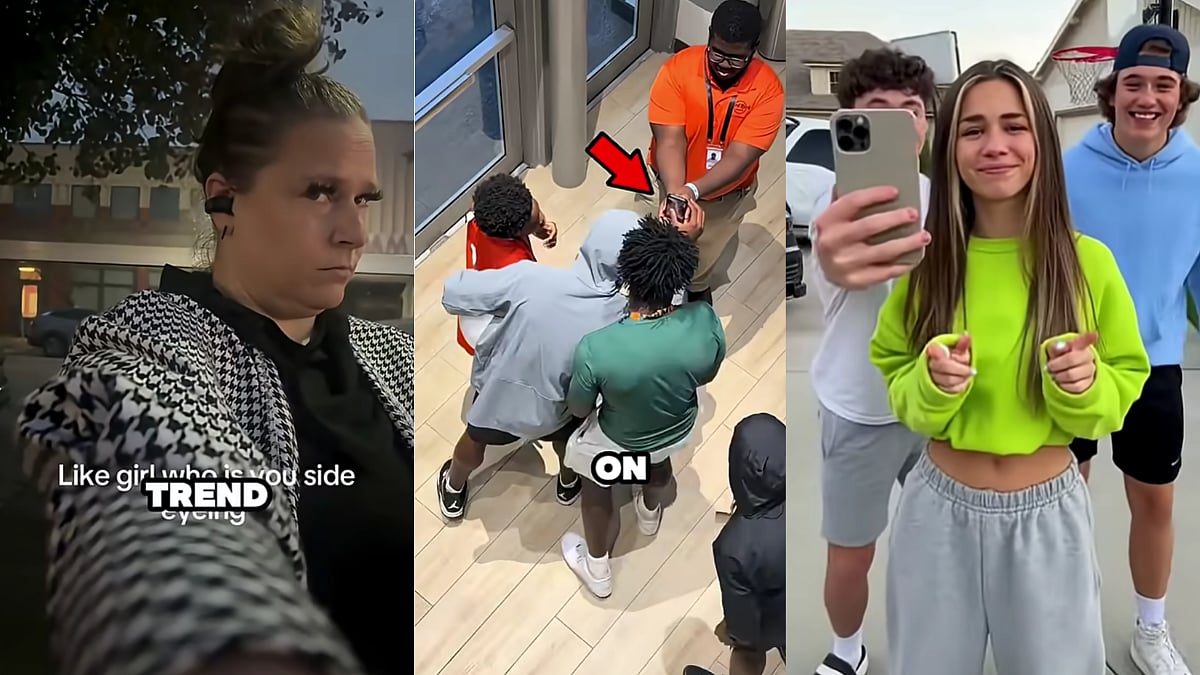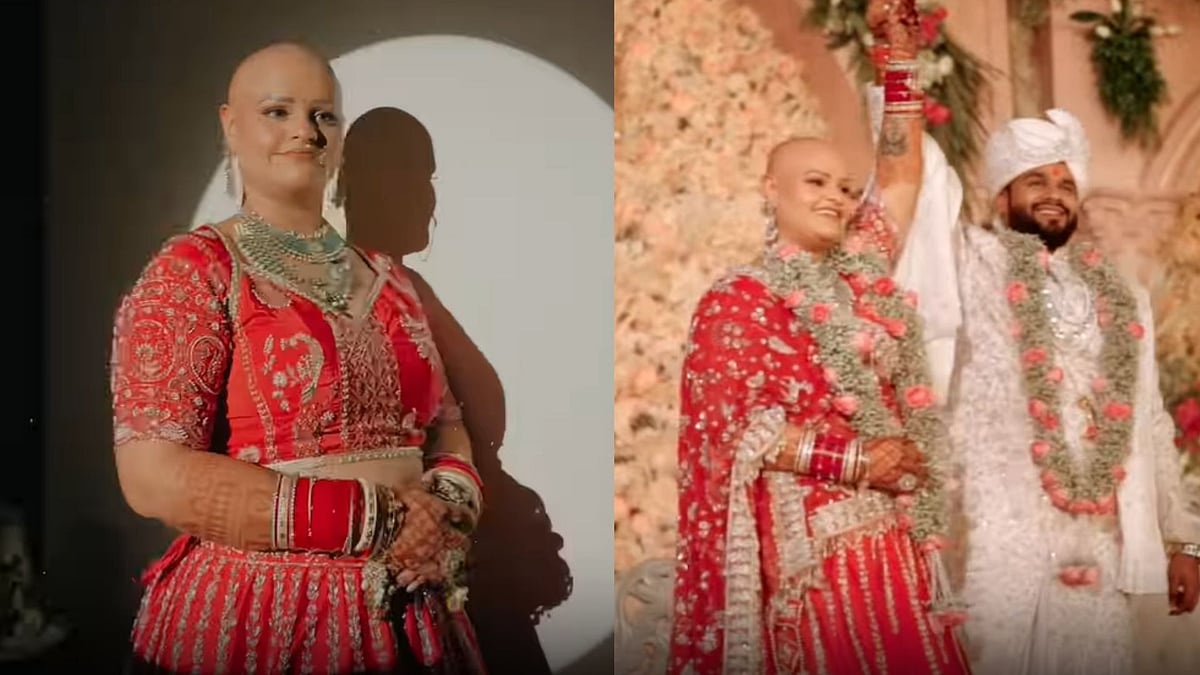The viral 'Flip the Camera' trend taking over TikTok and Instagram Reels has sparked widespread criticism, with many calling it a disguised form of bullying. The trend appears harmless at first glance, where video makers ask someone, often a stranger or a friend, to help them record a dance video. While the unsuspecting person holds the phone and films, one of the dancers suddenly flips the camera, turning the recording on the helper’s face. Their startled, awkward, or confused reaction becomes the punchline, and the clip is then uploaded online for views.
What many initially saw as a lighthearted prank has quickly drawn backlash. Viewers point out that the trend exploits a person’s kindness and trust, transforming them into a laughing stock without their consent. In numerous viral clips, the individuals caught on camera appear shy, uncomfortable, or unaware, raising concerns about online humiliation, privacy, and digital ethics.
WATCH VIDEO:
Experts in online safety and anti-bullying organisations have also chimed in, warning that the trend normalises public shaming for entertainment. They note that while pranks have always existed, social media amplifies the impact by exposing the 'victim' to millions of viewers. Critics argue that this blurs the line between playful humour and harmful behaviour, especially when the prank is targeted at vulnerable individuals or strangers simply trying to help.
Backlash On The Trend:
Creators and influencers have begun speaking out against the challenge, calling it unnecessarily cruel. Many users have also launched a counter-movement, urging people to refuse participating, report such videos, or encourage more respectful forms of content creation. As the trend continues to circulate, conversations around consent, empathy, and responsible digital behaviour are gaining momentum.
The 'Flip the Camera' challenge may seem like just another viral moment, but the debate surrounding it shows a growing awareness of how easily online trends can cross into harassment. For many, the hope is that this sparks a shift toward more considerate and inclusive content instead of viral cruelty.









